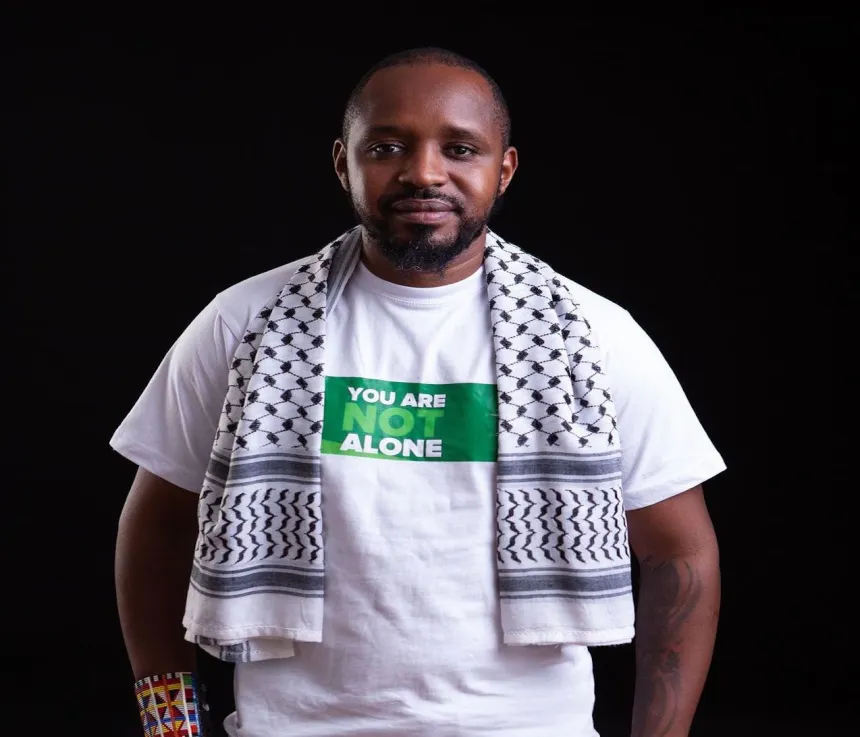Human rights activist Boniface Mwangi has been released on a personal bond of Sh1 million after appearing before the Kahawa Law Courts on Monday. Principal Magistrate Gideon Kiage ruled that Mwangi could be set at liberty upon securing the bond with one surety of a similar amount.
Mwangi was arrested on Saturday, July 20, at his Lukenya residence in Machakos County by officers from the Directorate of Criminal Investigations (DCI). His arrest came amid allegations of involvement in the coordination and facilitation of activities deemed to constitute terrorism under the Prevention of Terrorism Act.
However, in a significant development, the DCI later dropped the terror-related charges initially preferred against him. Instead, Mwangi was formally charged with possession of ammunition specifically one blank round of 7.62mm without a valid firearm certificate, to which he pleaded not guilty.
His legal team, led by lawyer Njanja Maina, has requested the transfer of the case to the Milimani Law Courts, arguing that the charges now brought against him are unrelated to terrorism. They also disputed the basis of the arrest, describing it as politically motivated and lacking factual grounding.
According to the DCI, several items were recovered during searches at Mwangi’s home and his office, Mageuzi Hub in Hurlingham. These included nine external hard drives, two laptops, unused tear gas canisters, company stamps and seals, and cheque books linked to his media companies—Brave Media Ltd and Courage Ltd.
Authorities claim Mwangi played a logistical and financial role in the nationwide protests on June 25, which turned deadly and saw public property destroyed, with numerous casualties and injuries to security personnel. But Mwangi’s lawyers have dismissed these claims, labeling them as fabrications intended to silence the activist.
Mwangi was held at Pangani Police Station following his arrest, sparking an outcry from civil society groups and his supporters, who viewed his detention as part of a broader government crackdown on dissent.
His release marks a turning point in what is likely to be a high-profile legal battle over the intersection of activism, security, and civil liberties in Kenya.

